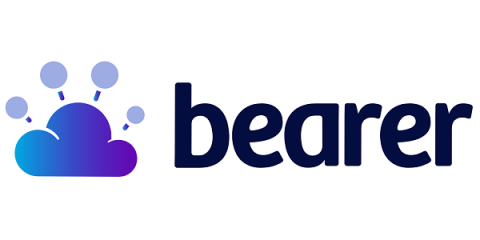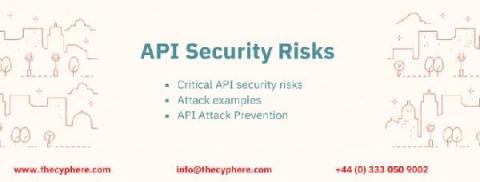API Security in a Digitally Transformed World
One unexpected consequence of the global pandemic is the acceleration of digital transformation across organizations of all sizes. With so many employees working from home, organizations realized they needed to upgrade to a cloud infrastructure to support everyone working remotely. As applications moved from on-premises to the cloud to support these new remote users, organizations needed to think about the APIs and microservices that connected users to essential applications.





